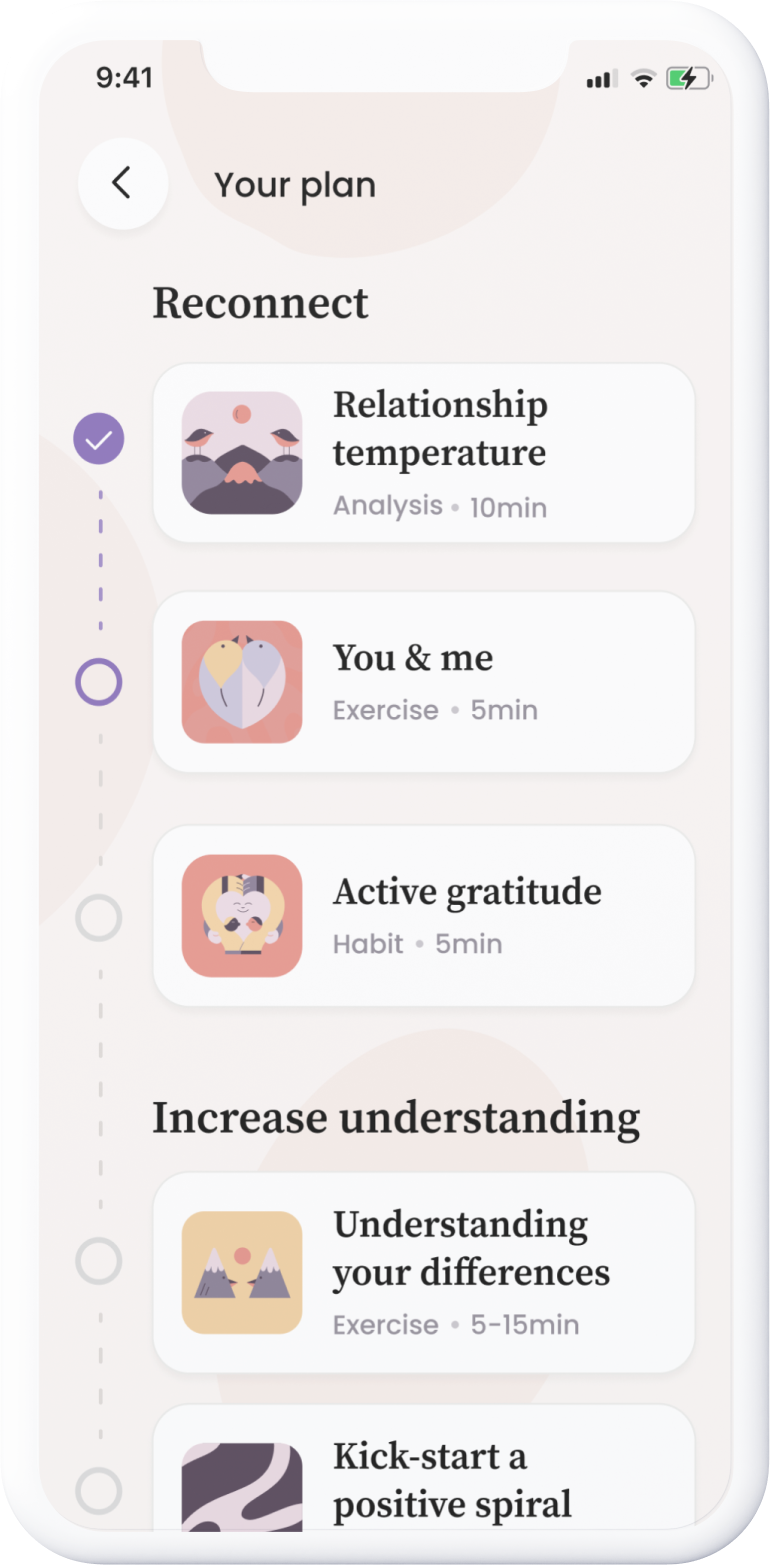Sex and the Modern Work-Life Balance
How being connected with work spills over on our sexual and emotional connection with our partner- 8 March 2024
- 6min

In today's fast-paced world, where work often spills over into our personal lives, the boundaries between professional responsibilities and personal time have become increasingly blurred, impacting our ability to maintain a healthy work-life balance. As we find ourselves constantly connected, always "on", the impact of this lifestyle extends beyond the confines of the workplace and seeps into various aspects of our lives, including our intimate relationships and sex lives.
This is something that is discussed in the podcast “The Diary of a CEO” where Steven Bartlett speaks to Clinical Psychologist Dr Karen Gurney - a clinical psychologist and psychosexologist on a mission to improve the sex lives of the UK nation. In the podcast, she highlighted these new problems regarding sex life that have been increasing over the last decades.
Studies and surveys suggest that there has been a decline in sexual activity over the last decades. According to Karin Gurney, this is probably connected to our hectic modern lives, being constantly available for distractors and thus disconnected from our partner.
Work-life balance - how has the workday evolved?
The traditional 9-to-5 workday has evolved into a 24/7 cycle for many individuals, mainly due to technology and the rise of remote work. While this offers flexibility and convenience, it also means that we're never truly disconnected from our professional obligations. As a result, our downtime, including the time we spend with our partners, has become fragmented and less sacred.
In the past, the anticipation of returning home after a day's work, coupled with the separation from professional responsibilities, often fueled desire and intimacy between partners. However, in today's digital age, where work emails, notifications, and deadlines follow us everywhere through our phones, laptops, and smart devices, the transition from work to personal time is no longer as distinct, making it increasingly challenging to maintain a healthy work-life balance.
As couples therapists, we at Ally frequently encounter couples at our clinic who have very little time together overall, feel stressed due to their hectic lives, and lack both emotional and physical intimacy.
"Stress and sexual arousal often find themselves on opposing ends of the spectrum"
When it comes to sex and intimacy, attention is key. It requires mindfulness and presence to tune into your own body and mind as well as your partner's. In the midst of a busy life, it's understandable that there may not always be time to fully focus on each other or checkin to reconnect, leading to a decline in sexual satisfaction. For many people, arousal and desire for sex require more than just a brief, uninterrupted moment. Without space for desire to flourish, the quality of intimacy may suffer.
Moreover, the proximity of work-related activities to bedtime can disrupt the natural progression towards intimacy. Constant exposure to screens and engagement with work-related stressors right up until bedtime can leave little room for relaxation and connection with our partners. Instead of winding down together, we find ourselves preoccupied with unfinished tasks or mentally preparing for the next workday, creating a barrier to intimacy.
We also know a lot about stress and sexual desire. As said before, desire needs space to flourish. Stress and sexual arousal often find themselves on opposing ends of the spectrum. Experiencing stress, whether stemming from work, relationships, or other life pressures, can significantly dampen one's ability to experience sexual arousal. By prioritizing self-care and addressing sources of stress in our lives, we can create a more conducive environment for sexual arousal and intimacy to thrive.
How can we navigate these challenges and reclaim intimacy in the face of the potential stressors created by an always-on work culture?
Here are a few strategies to consider for maintaining a healthy work-life balance.:
- Establish boundaries: Set clear boundaries between work and personal time, designating specific hours for work-related activities and carving out uninterrupted time for intimacy with your partner.
- Create tech-free zones: Designate certain areas in your home, such as the bedroom, as tech-free zones to minimize distractions and promote relaxation and intimacy.
- Prioritize self-care and stress-reduction: Reduce stress and increase recovery - both through actual life changes (such as lowering demands on yourself and harder prioritizing) and by doing activities that give you energy and recovery (hobbies, physical exercises, mindfulness practices.)
- Check-in with each other: Talk with your partner about the impact of work-related stressors on your relationship and collaborate on strategies to overcome these challenges together.
- Unburden each other: During your check-ins, share what’s bothering you right now. If your partner knows that you currently have a demanding work task that takes a lot of energy, they might be able to assist you with relieving some of the burden and reducing stress and pressure.
- Schedule quality time: For some, scheduling sex can be helpful, but for most, it's more about creating space for undisturbed time together that can (but doesn't have to!) lead to sex. Remember that demands and pressure tend to lower sexual desire, so don’t make “having sex” another pressure in your life, just to have a healthy work-life balance.








